I had a normal Sunday ahead – certainly nothing special to be expected. I was deleting junk mail from my email folder when I noticed email beginning with the words ‘Congratulations Laura!’. I was selected for United Nations OHCRC’s delegation! (To those who don’t know: OHCHR is an abbreviation from ‘Office of High Commissioner for Human Rights’).
In the beginning I wasn’t sure about applying but finally decided to submit an application. Just because your chances to get a delegation place are significantly better than without applying at all. So I submitted my resume(s) and motivation letter. In the application process you’ll be asked to provide information about your ELSA activities as well as your academic coursework/ knowledge/experience in the field. You don’t need to be ELSA’s board member to get selected and in the application process you can compensate lack of ELSA experience with academic knowledge or internship. It’s smart to provide a list of your coursework and legal internships. So no worries for those who are new with ELSA. 🙂
After the selection was made I booked the flights and started to consult some friends in Geneva. (Thanks to my awesome friends in Switzerland I got an apartment 60km away from Geneva, in Lausanne).
On Monday the exciting part (the delegation!!) started. The feeling when I went through the security control, got my UN badge and met my delegate friends at the palace was something quite different (and quite awesome!) from my average day. Together we found our session room and found seats in the middle of other NGOs. Everyone seemed to know what they were doing. Atmosphere was something I expected from the United Nations – quite severe, really respectful and the room brought together people from various countries. Almost all continents were present.
Session started with adoption of the agenda. We had two sessions a day, one in the morning and the other in the afternoon – 3 hours each. The representatives of the country whose report was being discussed, members of the Human Rights Committee and NGOs (read: us) were all together.
After the adoption of the agenda, the Human Rights Committee asked detailed questions about the actual impact of new legal instruments, their enforcement and statistics.
Those human rights problems that were discussed varied from hate crimes to cases of torture and from impunity to position of displaced people in Colombia. So real things and difficult ones. During the sessions countries were required to prove that their measures have had an impact. In case of new legislation countries had for instance to prove the effectiveness of the measures and provide information about the judgments and procedures. In the case of Poland (abortion law) the country had to ensure that those women whose health was in danger according to the law actually had an access to affordable health care services.
As an ELSA delegate you’re not allowed to make any statements. So you mainly listened, made notes and in a way anticipated the answers.
All in all, Geneva was an incredible experience. The city has also a lot to offer for law students interested in international law since the Geneva Graduate Institutions has many seminars about actual topics. There were seminars about migration crisis and TTIP in the course of our delegation week.
Only minus in Geneva is that is ridiculously expensive so it’s really not a bad idea to bring your own food with you. As a thumb rule meat and fruits cost four times more than in Finland. I managed to survive with 40 euros/food/week with the help of protein powders and porridges (from Finland), quark (the only thing that is cheap in Switzerland!) and packed sandwiches (not so cheap but in comparison a meal at Mc Donald’s cost 15 euros). So, you can survive.
PS If you want to be a part of delegation and ask about applying/delegation/anything else just ask me. 🙂
Best,
Laura Sirpoma
